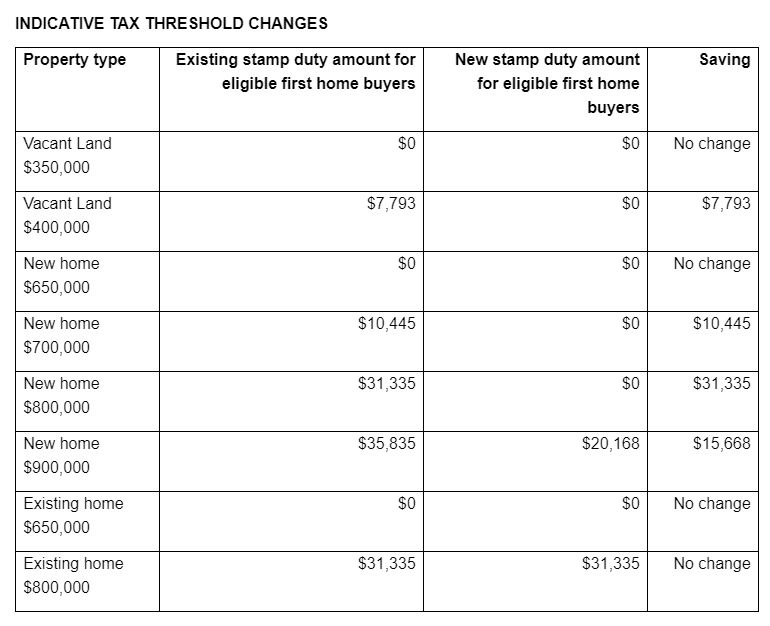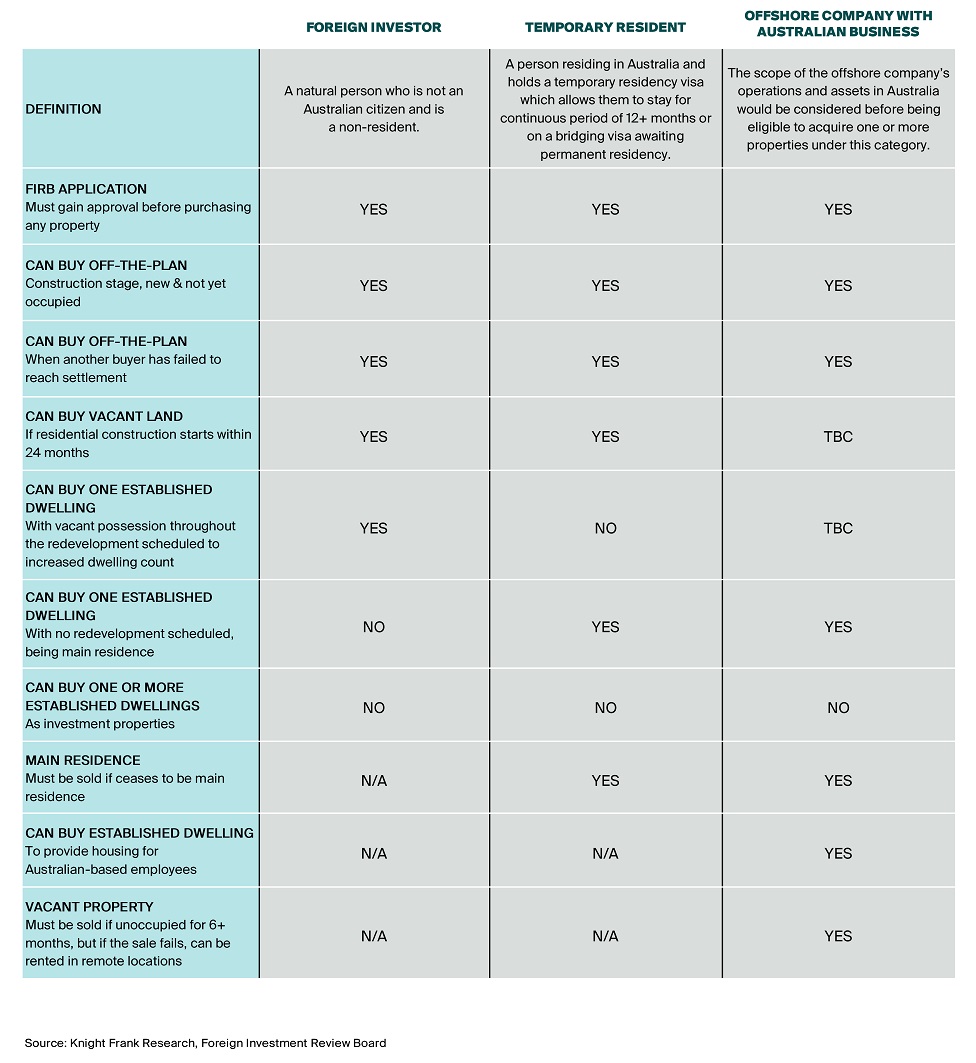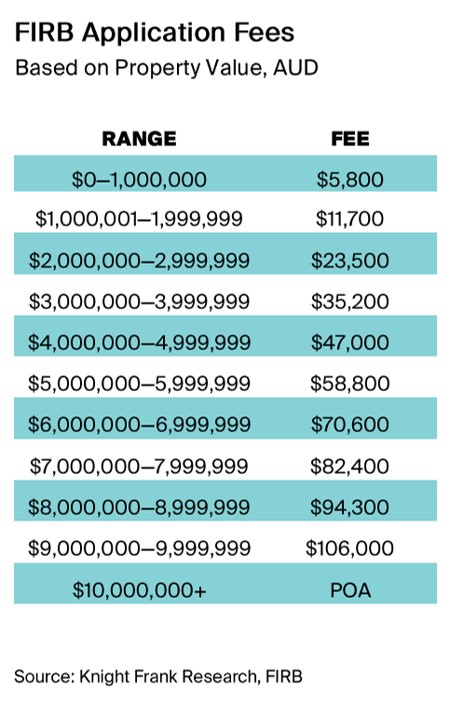Stamp Duty slashed for first home buyers and the construction industry
First home buyers and the construction industry in NSW will be the big winners under a targeted boost to eliminate stamp duty on newly-built homes below $800,000 and slash thousands of dollars for properties up to $1 million.
Premier Gladys Berejiklian said the change to stamp duty thresholds would also support new home construction and create jobs as part of the Government’s COVID-19 Recovery Plan.
At a Glance:
- Threshold above which stamp duty will be charged on new homes for first home buyers increases from $650,000 to $800,000
- Forecasts more than 6,000 first home buyers will benefit from the changes
- Stamp duty threshold on vacant land will rise from $350,000 to $400,000 and will phase out at $500,000.
“Thousands of people will see their bank balances benefit from this change – it will help get more keys into more front doors of more new homes,” Ms Berejiklian said.
“It will also boost housing construction across NSW and support jobs in the building industry at a time when we need them more than ever before.”
Under the changes the threshold above which stamp duty will be charged on new homes for first home buyers will increase from the current $650,000 to $800,000, with the concession reducing on higher values before phasing out at $1 million.
The Government forecasts more than 6,000 first home buyers will benefit from the changes, saving eligible first homebuyers thousands of dollars.
Under the changes the stamp duty threshold on vacant land will rise from $350,000 to $400,000 and will phase out at $500,000.
The change to the thresholds will only apply to newly-built homes and vacant land, not to existing homes, and will last for a 12-month period, commencing on 1 August 2020.
Other purchases will continue to benefit from existing schemes.

Source: NSW Government
Treasurer Dominic Perrottet said the changes would save first home buyers stamp duty of up to $31,335 on a new $800,000 home.
“The current scheme has already helped over 93,000 first home buyers since July 2017 and this will give the construction industry extra support as we face the challenges of COVID-19,” said Mr Perrottet.
“We need to ensure our building sites keep ringing with hammers and saws as that means more people working, and first home owners will save money in the process.”
The NSW Government will also continue to offer a $10,000 First Home Owner Grant, which is available to people buying a new first home worth no more than $600,000, or buying land and building a new first home worth no more than $750,000 in total.
This means the maximum amount of benefit a home owner could be entitled to is $32,335 if purchasing a new home and accessing the grant.
Siggi Muehlich – Sydney Northern Beaches Buyers Agents




